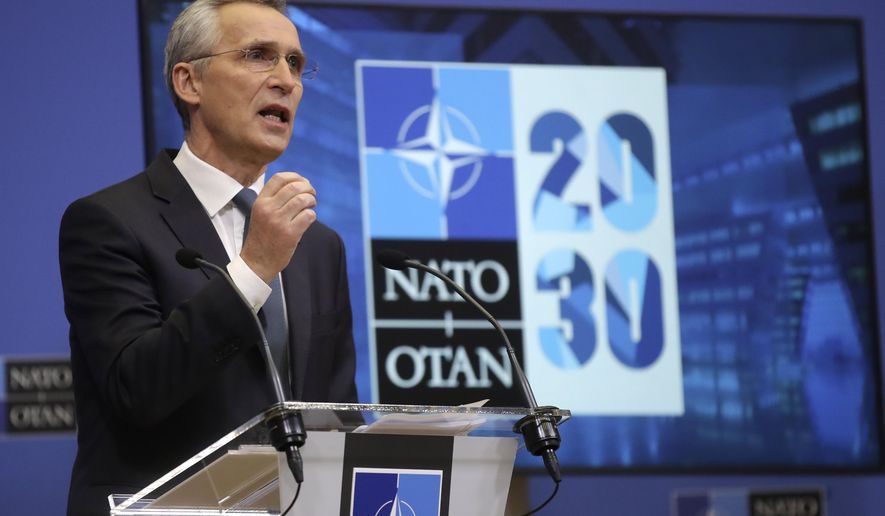Upcoming NATO summit 2021
NATO Secretary General Jens Stoltenberg
April 12, 2021
NATO (North Atlantic Treaty Organization) is a transatlantic alliance of countries from mainly North America and Western Europe. NATO formed in 1949 to ensure collective safety from the threats of the Soviet Union after World War II. NATO’s Secretary General, Jens Stoltenburg has invited US President Joe Biden to a summit early this year; however, the date has yet to be announced. It is no wonder why this organization would be so eager to meet with Biden, as he is an avid supporter of its cause. However, the ministerial meetings in late March may foreshadow what is to be expected from this upcoming summit. The balance of the international system has shifted considerably, especially since former US President Donald Trump’s criticism of NATO not contributing as much to its defense spending. Stoltenburg and the US are trying to repair their frayed relations and recently have exchanged some words.
The Meetings of NATO Ministers of Foreign Affairs took place at their headquarters in Brussels, Belgium on March 23-24. These ministerial meetings serve as a precursor for what topics will be brought up and provide insight of what will be discussed at the NATO 2021 summit. US Secretary of State Antony Blinken gave a speech that highlighted America’s return to the global arena following this meeting. The Biden administration’s emphasis on “America is back” is typically interpreted by NATO as a sign that our nation will be more involved in these transnational affairs. This may mean that America will shift its attention to new sets of problems with more states. The alliance regards these notions as a reengagement in this effort to guarantee security to nations that share democratic identities and values. With great power comes great responsibility, and NATO will have to make wise decisions concerning rival nations.
NATO faces current challenges such as increasingly assertive China, whose naval presence in the South China Sea is intimidating Indo-Pacific nations. China’s coercive relations with Australia and its close ties with Russia are compounding global tensions. Iran, Russia, and North Korea’s modernization of nuclear weapons has also been viewed as a threat to international security. NATO’s decision-making processes have been strained due to its own members trading with adversaries. For instance, Turkey, a member of NATO, had bought Russian air-defense system S-400 in 2017, after refusing to use the US missile system Patriot-2. Although Turkey claims that S-400 will not be fully incorporated in NATO’s defense infrastructure, Washington had imposed sanctions on Ankara for this purchase in 2020. Another example is the Nord Stream 2 pipeline, which has contradicted values of NATO and increased energy dependency on Russia. Confronting Members that trade with autocratic powers is difficult because it can fracture relations within NATO. The COVID-19 pandemic along with cyberattacks have also exacerbated tensions on the world stage; the allies are continuously fighting misinformation and fake news about vaccines.
Maintaining peace is difficult, but it is relatively feasible through supporting this partnership. Strengthening multinational alliances with European Union and non-NATO members through diplomacy has always been a helpful way to reinforce leadership. NATO has tried to expand its sphere of influence to other democratic countries and to negotiate with them. Containment strategies may not completely counter China’s actions and NATO may propose other solutions regarding similar nations. Another problem that may be brought up later this year will be whether to withdraw troops from Afghanistan, as it has been part of NATO’s 20-year mission. They fear that leaving may create a safe, ungoverned haven for terrorists; while staying in Afghanistan may let violence continue. The answer to this question may not be easy and will be elaborated on in the time to come. The 2021 summit will hopefully provide more details on how to solve these problems and America’s new president looks forward to accepting this challenge. NATO’s warm welcome to the Biden administration has diffused some pressure and will hopefully create more stability amongst the allies themselves. In addition to the 2021 summit, NATO is also looking forward to their 2030 initiative.



